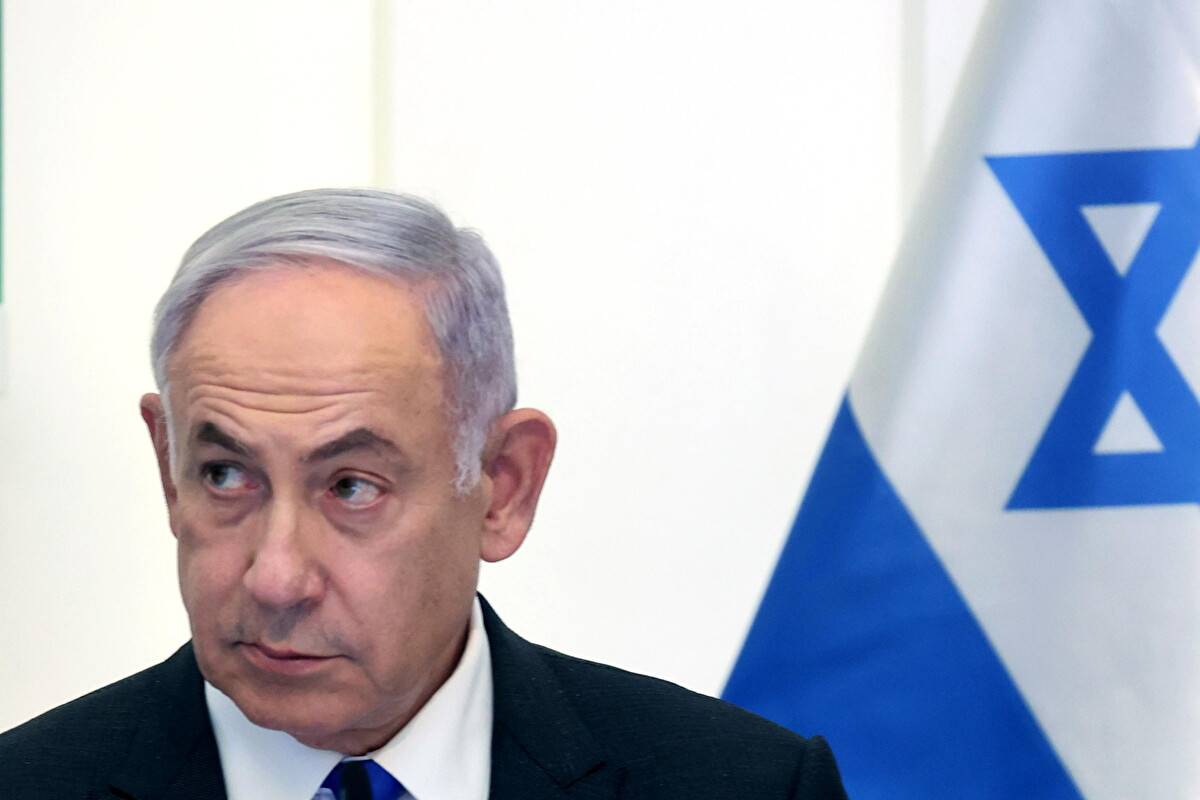In a charged congressional hearing that stretched over four hours on Monday, U.S. Secret Service Director Kimberly Cheatle found herself in the hot seat, facing a barrage of criticism and bipartisan calls for her resignation. The grilling stemmed from the dramatic events of July 13th, when former President Donald Trump narrowly escaped an assassination attempt during a campaign rally in Butler, Pennsylvania.
It was an evening that America won’t soon forget. Thomas Matthew Crooks, a 20-year-old with an AR-style rifle, opened fire from an unsecured rooftop, just 150 yards from the rally stage. Trump was injured, one man in the crowd was killed, and two others were seriously wounded before a Secret Service countersniper neutralized Crooks. The chaos of that night has led to a flurry of investigations and just as many questions about how such a breach could occur.
House Oversight Chairman James Comer (R-Ky.) and ranking Democrat Jamie Raskin (Md.) led the charge against Cheadle, demanding her resignation. In a letter written after the hearing, they accused her of failing to address the “stunning operational failure” and of being unable to provide reassurances that the Secret Service had learned from its mistakes. However, Cheatle stood her ground.
“I take full responsibility for any security lapse of our agency,” she declared, maintaining a calm demeanor as lawmakers accused her of dodging questions and even mocked her.
Cheatle’s tenure as Secret Service Director, beginning in September 2022, was supposed to be a capstone to a distinguished 25-year career. She had broken barriers as the first woman to run the Atlanta office and to become Assistant Director of the Office of Protective Operations.
Adding to the tension, the timing of this scandal couldn’t be worse. With President Biden stepping down from his re-election bid and Vice President Harris launching her campaign, both parties are navigating a tense final stretch before the November elections. Lawmakers argue that candidates and their supporters need to feel safe at campaign events—confidence that has been deeply shaken by the Butler incident.
Details that emerged during the hearing painted a troubling picture. Cheatle confirmed that Crooks had been indeed spotted by local emergency services nearly 20 minutes before Trump took the stage. Yet, despite being photographed with a range finder—a tool commonly used for shooting—the Secret Service did not act. Cheadle’s attempts to distinguish between “suspicious behavior” and a “direct threat” did little to pacify lawmakers.
As the pressure mounted, Rep. Jake LaTurner (R-Kan.) pressed Cheatle on why the rally wasn’t paused after spotting Crooks, while Rep. Alexandria Ocasio-Cortez (D-N.Y.) called the agency’s 60-day internal investigation timeline “unacceptable.” The palpable frustration was summed up by Rep. Pat Fallon (R-Tex.), who derisively suggested Cheatle should “go back to guarding Doritos,” referencing her previous role as a top security official at PepsiCo. North America.
Cheatle’s evasiveness only fueled the anger in the room. She declined to reveal how many agents were assigned to Trump that day, whether the Secret Service deployed drones for surveillance, or how Crooks managed to get his rifle onto the roof. The lack of concrete answers has led to bipartisan concern that the security flaws exposed are far from resolved.
Beyond the immediate scandal, Rep. Raskin highlighted a broader issue: the nation’s epidemic of gun violence. He lamented the grim reality that not even those under Secret Service protection are safe from assault weapon attacks, a sentiment underscored by another mass shooting in Alabama that same night.












